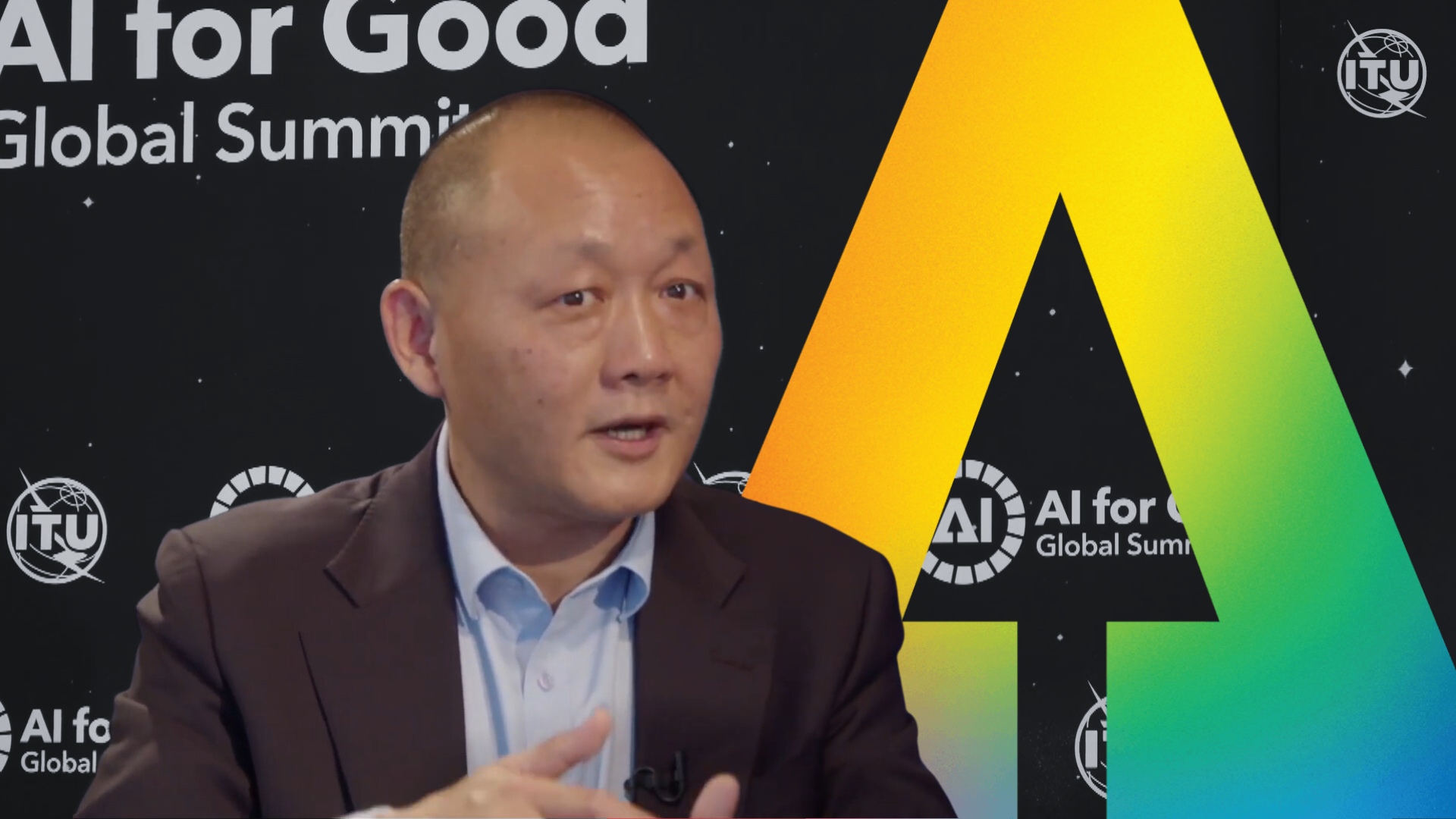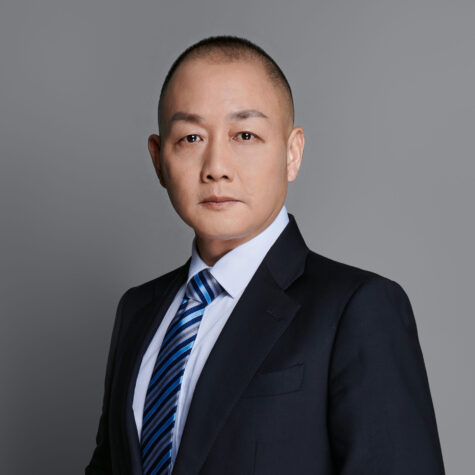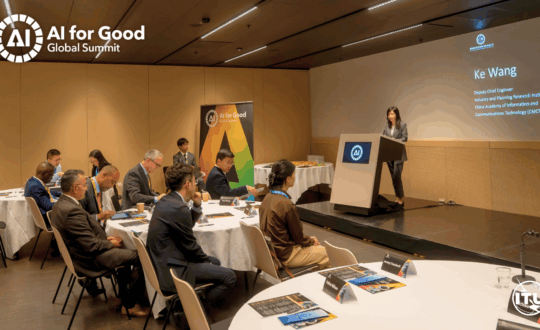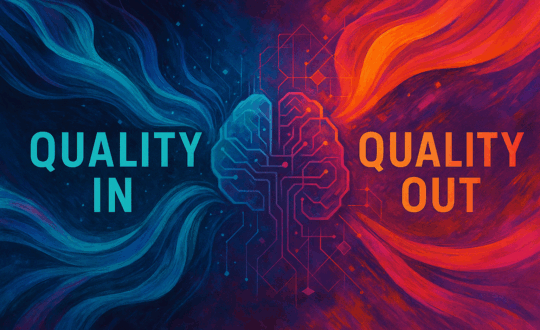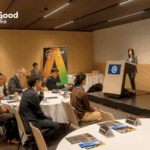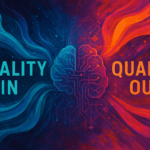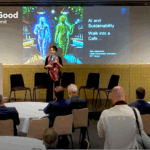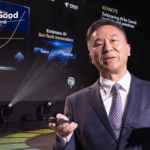The AI for Good Global Summit, held annually in Geneva, serves as a vital platform for the exchange of ideas and collaboration among stakeholders worldwide. Xinhui Wang, the Head of Standardization and Vice President of ZTE Corporation, participated in the summit, bringing valuable insights on how AI can contribute to sustainable development goals and the challenges associated with its implementation. In this article, we delve into Wang’s perspectives, highlighting the significance of international dialogue, the role of AI in addressing societal challenges, and the need for global guidelines.
Wang emphasizes the necessity of having an international platform to collect diverse perspectives and ensure that AI development aligns with human-centric principles.
According to him, “I would say, […], this is a must. We need an international platform to gather the views from various stakeholders around the world to make sure the AI is well developed.”
Wang firmly believes that platforms like the AI for Good Global Summit play a crucial role in shaping the future of AI.
When discussing the role of AI in addressing specific challenges, such as poverty, hunger, and education, Wang highlights the transformative potential of AI across various sectors.
He explains, “For instance, if you take an example of the number one goal, which is poverty… if AI could be leveraged to do some agricultural things, make agriculture from conventional to modernized, we can have more food to survive people.”
Wang emphasizes the capacity of AI to revolutionize agriculture and ensure food security, contributing to poverty alleviation and the achievement of sustainable development goals.
Beyond addressing specific goals, Wang envisions AI’s impact on economic growth. He explains that with the advancements in ICT infrastructure, AI technologies can enhance productivity and innovation, stating, “With this fantastic product, we can facilitate the global economic growth.” Wang emphasizes the role of AI in optimizing production processes and designing sophisticated products, thus boosting economic development worldwide.
When discussing the challenges associated with AI, Wang stresses the significance of regulation and policy. He emphasizes the need for a joint international effort to establish guidelines and regulations that guide AI development, ensuring its responsible deployment.
Wang states, “So, in this case, regulation, the policy with global consensus is a must. It is top one priority.” According to him, global consensus on regulation and policy is essential to steer AI in the right direction and prevent misuse or harmful consequences.
While education is undoubtedly crucial, Wang acknowledges that countries are at different stages of AI development.
Instead of waiting for all nations to reach a certain level of education, Wang suggests a more active approach, stating, “In this case, we can do something [in] more active ways. For instance, some countries with more advanced economics… can do […] preliminary efforts to explore how AI could do something good for human beings.”
He emphasizes the importance of leading by example and sharing experiences to foster global learning and collaboration.
Xinhui Wang’s participation in the AI for Good Global Summit highlights the importance of international dialogue and collaboration in harnessing the potential of AI for global development. Wang’s direct quotations emphasize the necessity of international platforms for diverse perspectives and global consensus on regulation and policy. By focusing on sustainable development goals, promoting economic growth, and addressing challenges through effective regulation, AI can contribute to positive change worldwide. Education and global collaboration are crucial for equitable sharing of AI benefits. The AI for Good Global Summit continues to be a catalyst for these vital discussions and initiatives.
Our Summit Sponsors
Thank you to our Global Summit 2023 Sponsors, co-convener Confédération Suisse, our diamond sponsors Immersion4 and Technology Innovation Institute, our gold sponsors Monash Data Futures Institute, ZTE Corporation, Amazon Web Services (AWS) and Microsoft, our artistic intelligence sponsor Shutterstock, our networking sponsors Rohde & Schwarz and KUKA, our digital art AV technology partner Dorier Group, our captioning provider Interprefy and our supporter Samsung Electronics.



